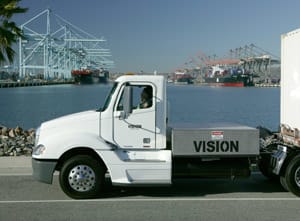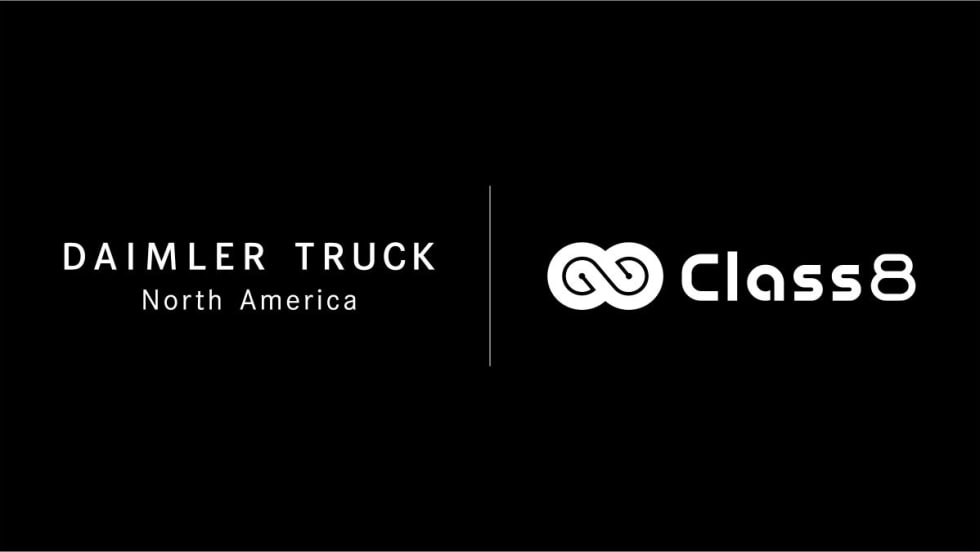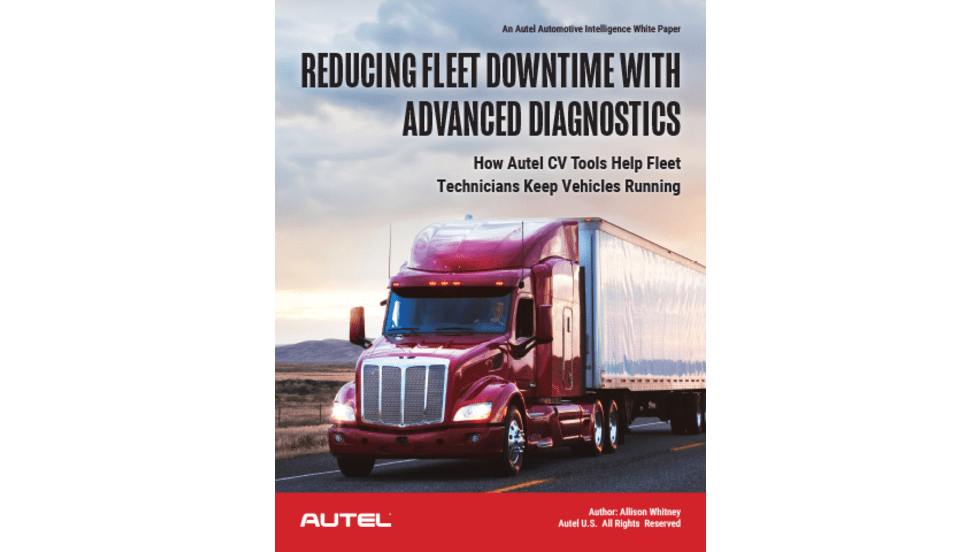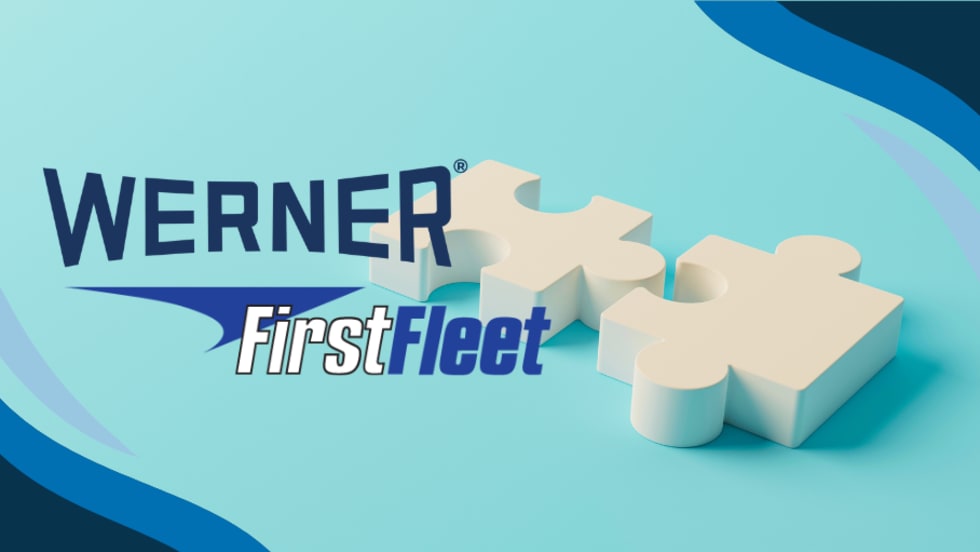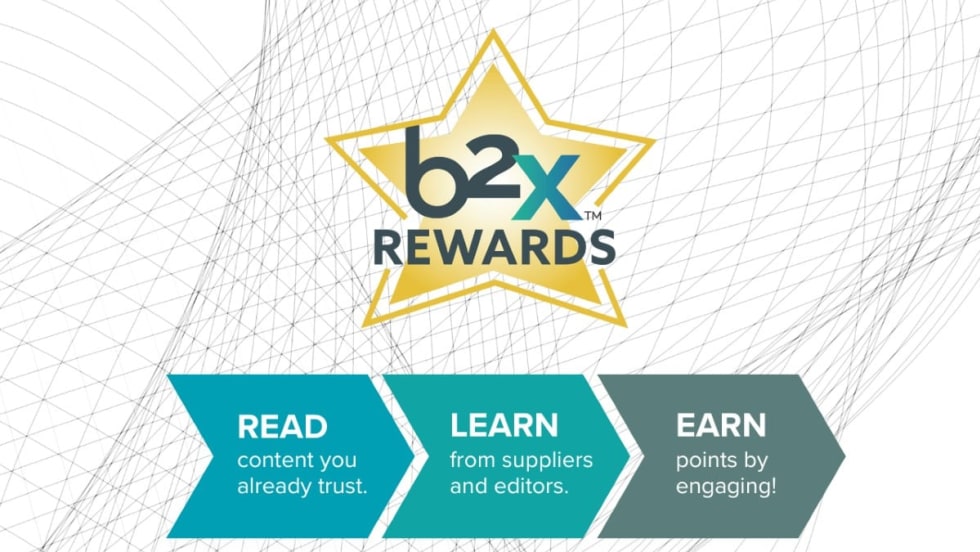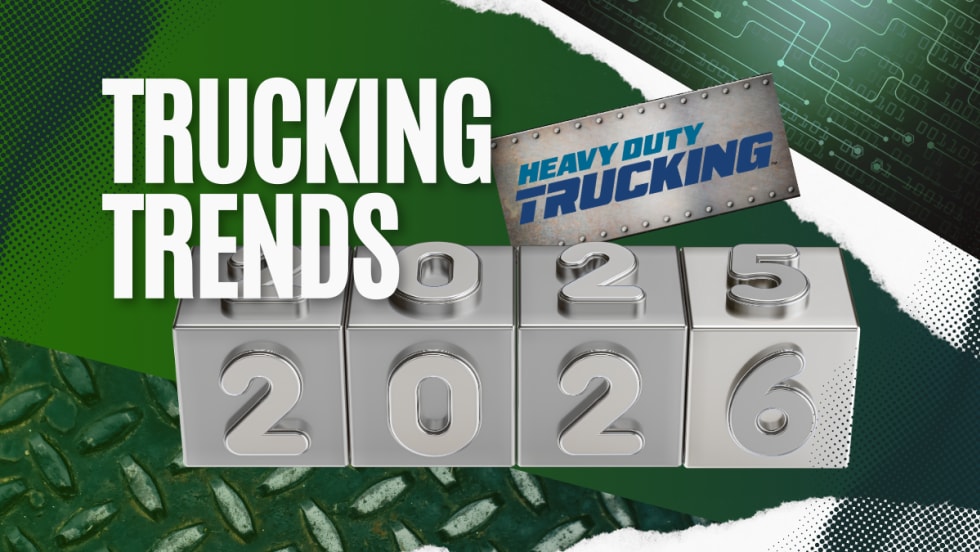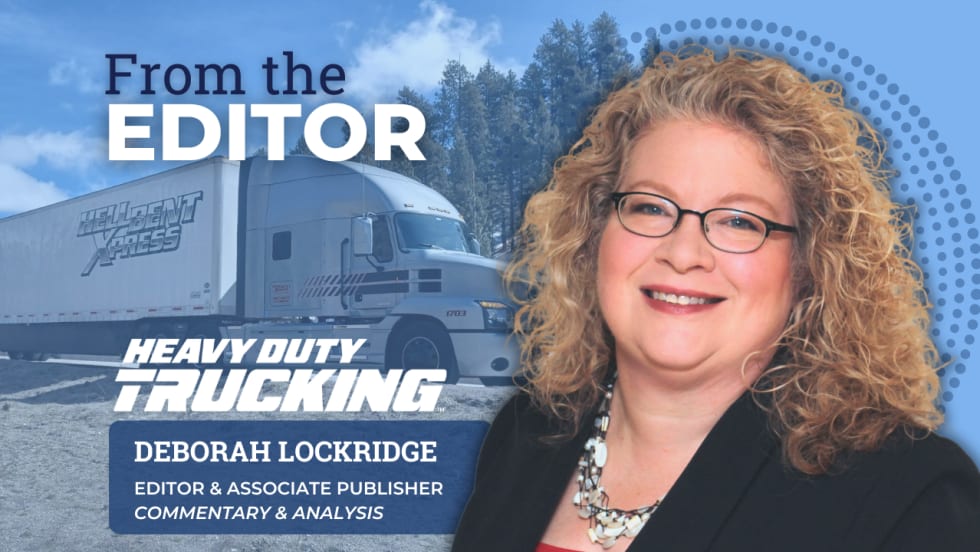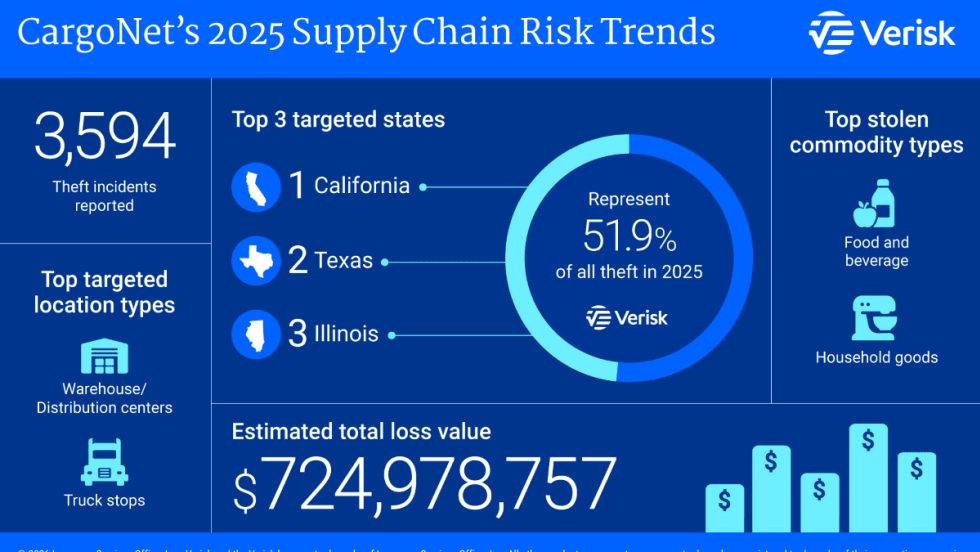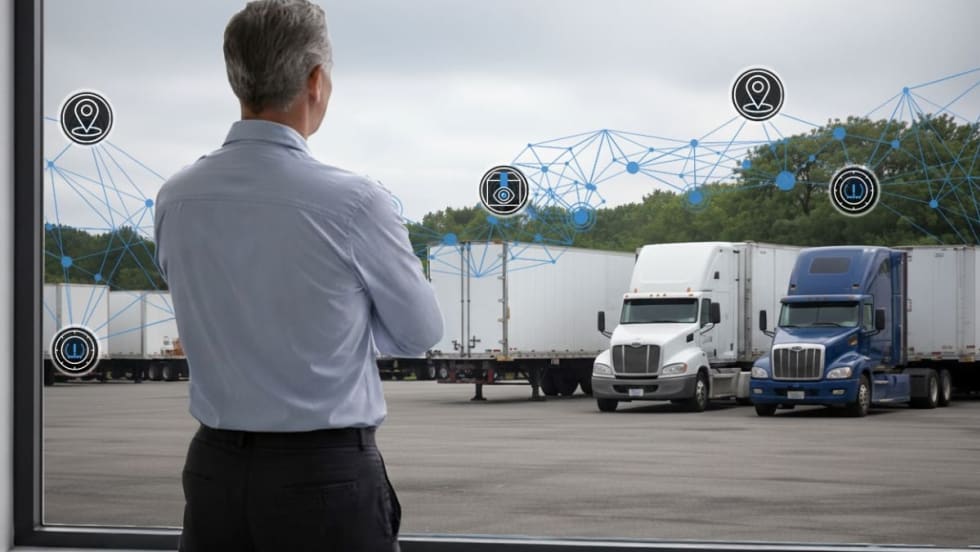The Port of Los Angeles plans to purchase hydrogen fuel cell hybrid-electric trucks from Vision Industries.
The heavy-duty trucks will be tested to evaluate their suitability for short and medium distance drayage operations, and other similar applications.
Vision Industries has been marketing its Class 8 zero-emission hydrogen fuel cell hybrid-electric truck for more than a year and will now work with the Port of Los Angeles to further evaluate its performance in the rigorous port trucking environment. The Vision trucks are powered by a combination of a hydrogen fuel cell and lithium batteries and have a potential range of up to 400 miles.
"Los Angeles has been the worldwide leader in reductions in port emissions with initiatives like our highly successful Clean Air Action Plan and Clean Truck Program," said Los Angeles Mayor Antonio Villaraigosa. "Our commitment to working with companies that develop zero-emission trucks is another important strategy in our plan to grow Los Angeles green by being a catalyst in testing and bringing to market the most promising emission reduction technologies."
"These vehicles are 30 percent to 40 percent less expensive to operate than diesel trucks," said Martin Schuermann, president and CEO of Vision Industries. "We expect a strong market demand once these trucks are in the hands of California medium- and heavy-duty equipment operators."
The Port has started to plan for a transition to zero emission vehicles over the decade, as it believes they will be necessary to contribute to achieving the goals for the transportation and port sectors under California's AB32 greenhouse gas reduction legislation and the City's GreenLA initiative.
The Vision Industries trucks will be put through a series of on-road and laboratory tests to demonstrate its usefulness in a variety of drayage duty cycles, including different loads, road conditions and travel distances. Local drayage trucking companies are expected to assist with the demonstration over the next 12 to 18 months. The University of California at Riverside's College of Engineering Center for Environmental Research and Technology laboratories will help guide the data collection and analysis.
The Port of Los Angeles plans to submit a proposal for funding from the California Energy Commission to help support this project. The California Energy Commission has established an Alternative and Renewable Fuel and Vehicle Technology Program to develop and deploy advanced transportation technologies to help attain the state's climate change policies.



